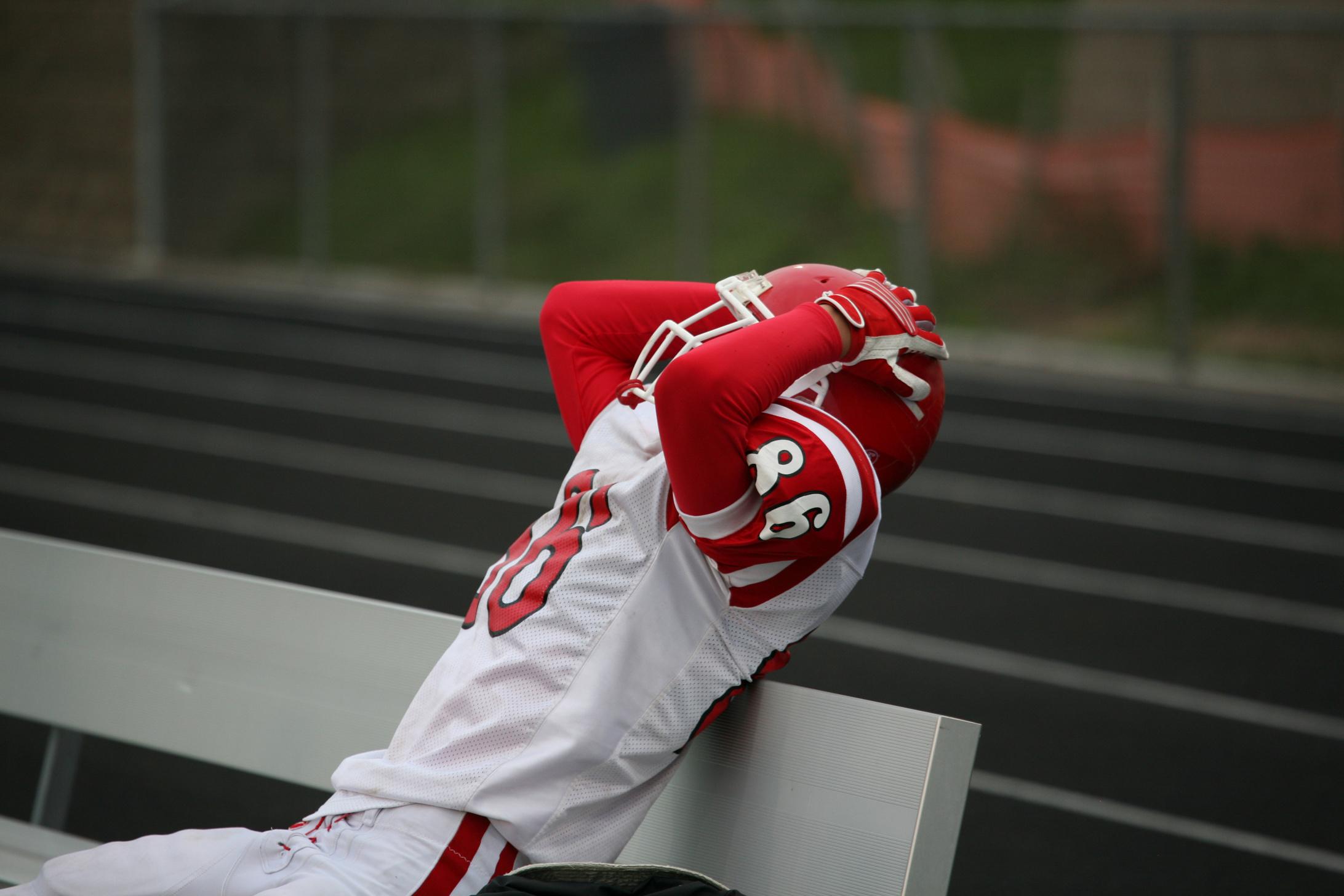
2 minute read
Fuel for Disordered Eating: Imposter Syndrome
from DG Magazine
Overcoming Imposter Syndrome
We have to look at our culture and how it impact our feelings towards ourselves where the world is very judgmental The negative impact of how we feel others see us is insurmountable.
Advertisement
We can begin by addressing our distortions How do we see ourselves versus how others see us What do we know we have accomplished regardless of how others may feel?
Talk to someone who understands your struggles, reach out to individuals in place to help you. You do not have to be perfect. This is a concept that is fueled by seeing ourselves in a negative sense It can be riddles with self-doubt, and gaslighting.
Embrace your failures as a part of self-growth. Acknowledge them and move on Celebrate your successes
Sometimes we do not stop and take in all we have accomplished. This is important to validate yourself and all that you have worked so hard to achieve
The Definition
Over 80% of people struggle with imposter syndrome according to Bravata, D M , et al , Journal of Internal Medicine, Vol. 35, No. 4, 2020). These intensely strong feelings make us believe we haven't earned what we have achieved Many new college students-athletes often struggle with imposter syndrome which leads them to taking drastic steps to be even better This puts a strain on their academics as well as their self-esteem, body image, and eating habits.
The negative effects of imposter syndrome on student-athletes makes them more competitive and lead them to make choices that are not emotionally, psychologically, or physically healthy
Imposter syndrome also affects student-athletes in that that they may give up on their dreams and feel they are not good enough or competitive enough making them feel stuck. These students often use disordered eating to deal with their emotional struggles
DID YOU KNOW?
Eating disorders and disordered eating in student-athletes are mostly caused by the impression that skinny bodies are ideal. This concept of not belonging to the existing norms can lead to feeling inadequate and eventually distort their bodies’ perception.
For many people, the winter holidays are a time they want to spend with theirfamilies.Manyfamilieshavetheir traditions and prepare unique dishes. Often holiday time becomes table time. And sometimes, it leads to overeating and messy eating. This can be a difficult challenge for those tryingtosticktohealthyeatinghabits and eat mindfully and those with a problematicrelationshipwithfood.
Some people have encountered or heard from eyewitnesses about the threat of hunger (for example, people who survived wars or natural disasters), and food becomes an excellent value for them. They do not understand the threat of overeating, but they are very aware of how terrible a lack of food can be. For some, food is directly related to financialwealthandwell-being,anda small amount of food means poverty anddanger.
Often people for whom food is of great value worry about the wellbeing of their loved ones and try to provide them with this value to the fullest.
TatianaDeltsova,BS,CPC


Theyuseeveryopportunitytoshow careandfeedtheirrelativestastier andmorenourishingfood.Food canbeacelebrationoflifefor peopleawareofthethreatof hunger.And,ofcourse,aholiday dinnershouldbedeliciousand includemanydishes.
Veryoftenduringafestivedinner, wearetemptedtotryallthedishes, evenifwearenotveryhungry.And sometimes,itbecomesnecessary totryallthedishesbecausethisis whatourfamilyexpectsfromus. Refusalandunwillingnesstoeat somethingcanbecomeupsetting andoffensiveforthem.










